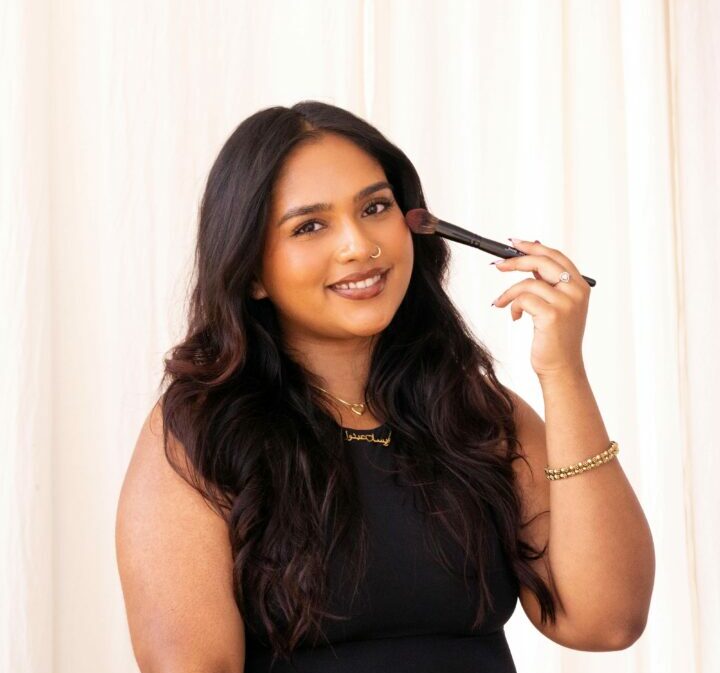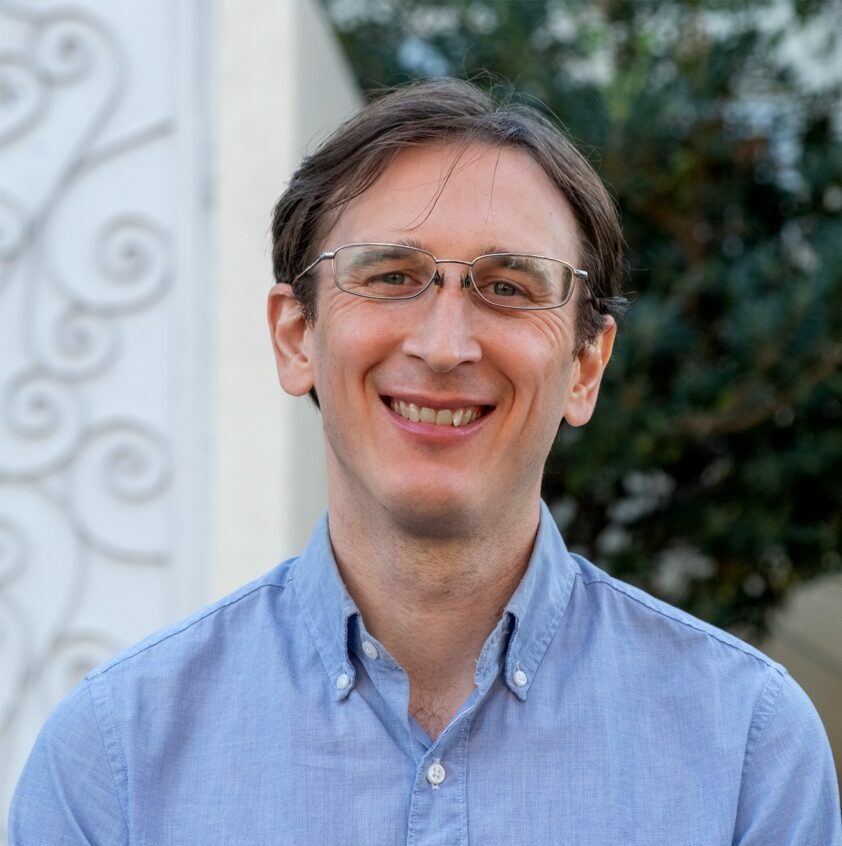Alright – so today we’ve got the honor of introducing you to Liza Talusan. We think you’ll enjoy our conversation, we’ve shared it below.
Hi Liza, thank you so much for opening up with us about some important, but sometimes personal topics. One that really matters to us is overcoming Imposter Syndrome because we’ve seen how so many people are held back in life because of this and so we’d really appreciate hearing about how you overcame Imposter Syndrome.
Here is an interesting take – I don’t really believe in imposter syndrome. I know, people often have a strong reaction to that statement. Here’s why I don’t buy into it: “imposter syndrome” makes it seem like there is something wrong with “me.” It makes it seem like I’m just not confident enough or smart enough or strong enough. Imposter syndrome positions this feeling as something I could be doing differently. But, a different way to look at this is to explore our social and external environments. Instead of asking “Why aren’t you confident enough?”, I prefer to look around and ask, “What is it about this environment and this culture that even require me to think and feel this way?” As a woman and woman of color, I think the positioning of “imposter syndrome” is rooted in “otherness” – as a woman, the rules are always changing around what is professional and acceptable. For example, if I’m assertive, I’m called certain derogatory words. If I’m decisive, I’m told that I don’t collaborate enough. If I’m warm and kind, I’m told that I’m a pushover and not a leader. I often think that the messages we give women are a moving target. So, of course, when we can’t figure out what the environment believes we should be, then we doubt ourselves – we feel like imposters in a place where we aren’t sure of the rules. Rather than blame the individual for not being good enough, smart enough, talented enough, I prefer to ask, “What is it about this environment that makes me even question myself?’
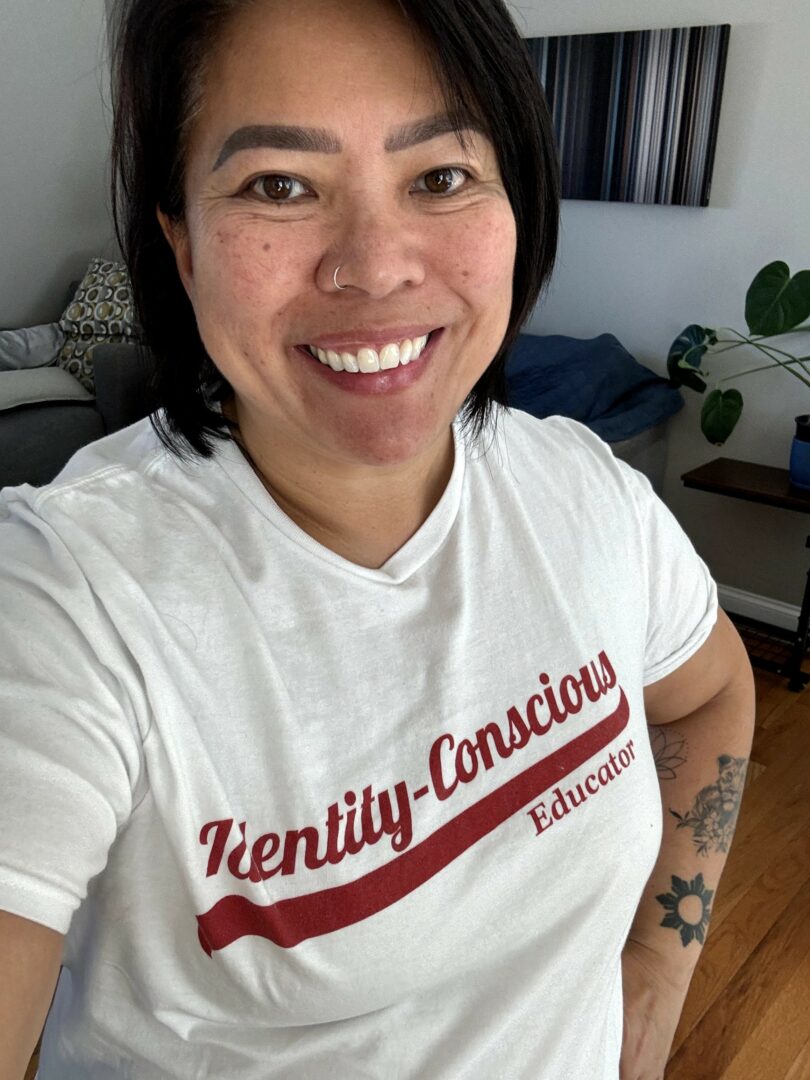
Appreciate the insights and wisdom. Before we dig deeper and ask you about the skills that matter and more, maybe you can tell our readers about yourself?
Whenever I need to do a quick introduction to what I do, I describe my work as “focused on helping the world be a little bit better.” That, of course, is overly simplified. But, in the end, the work I do with individuals, institutions, policy makers, governing boards, young people, teachers, and leaders is all in the service of trying to shape more curious, compassionate, collaborative, critical-thinking communities. I do this through workshops, professional development, 1:1 coaching, and large scale conference keynotes.
The work I do is focused on what I call an “identity-conscious practice.” Essentially, it’s knowing that everyone has identities. – for example, that can include ace, class, gender, religion, political beliefs, family structures, education type, etc. Consciousness refers to the awareness of identity and how identity informs and impacts our thoughts, attitudes, behaviors, and beliefs. Finally, the practice part is creating meaningful action so that people of all types of identities feel a place of belonging.
Realizing that people were looking for a concrete and sustainable way of doing this work, I wrote the book “The Identity-Conscious Educator: Building habits and skills for more inclusive schools.” While it’s designed for schools and school leaders, the processes and protocols in this book are really for anyone interested in building knowledge, engaging in reflection, and moving their good work to actionable steps. From there, I wrote my second book “Identity-Conscious Practice in Action” and am working on my third book called “Teaching, Learning, and Curriculum through an Identity-Conscious Lens.”
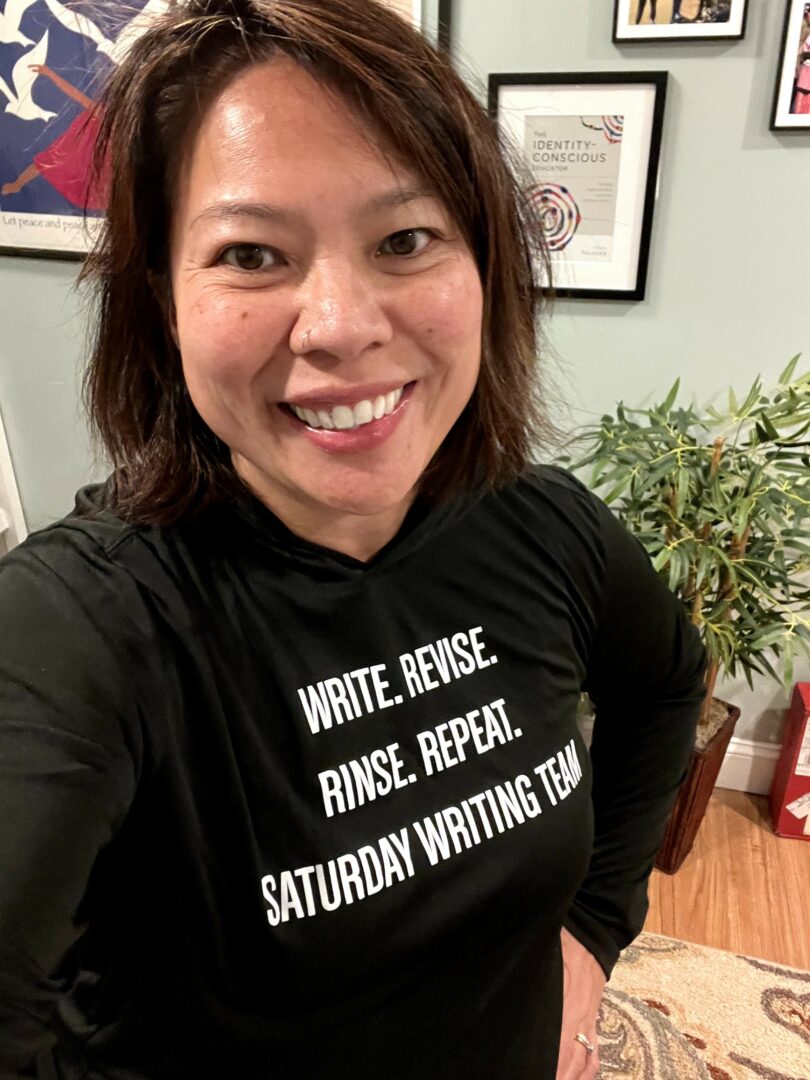
Looking back, what do you think were the three qualities, skills, or areas of knowledge that were most impactful in your journey? What advice do you have for folks who are early in their journey in terms of how they can best develop or improve on these?
When I was a senior in high school getting ready to go on college interviews, my high school principal said this to me and it’s guided my life for the past 30+ years: “It’s not bragging if it’s true.” I was nervous about talking about myself in interviews as my cultural background emphasized humility. Yet, of course, in these types of situations, it’s important to talk about oneself. When he said that to me, it made me feel more comfortable about acknowledging and sharing my accomplishments. Today, I am proud of what I have done. I am proud of the work I have put into my career, my family, my relationships, and myself. So, when I talk about it, I feel less like I’m ‘bragging’ and more that I’m sharing with others.
I always share with my clients that their stories are meaningful – their life stories, lessons, and experiences. Sharing these stories is a way to connect with others, and we are all in need of more meaningful connection!
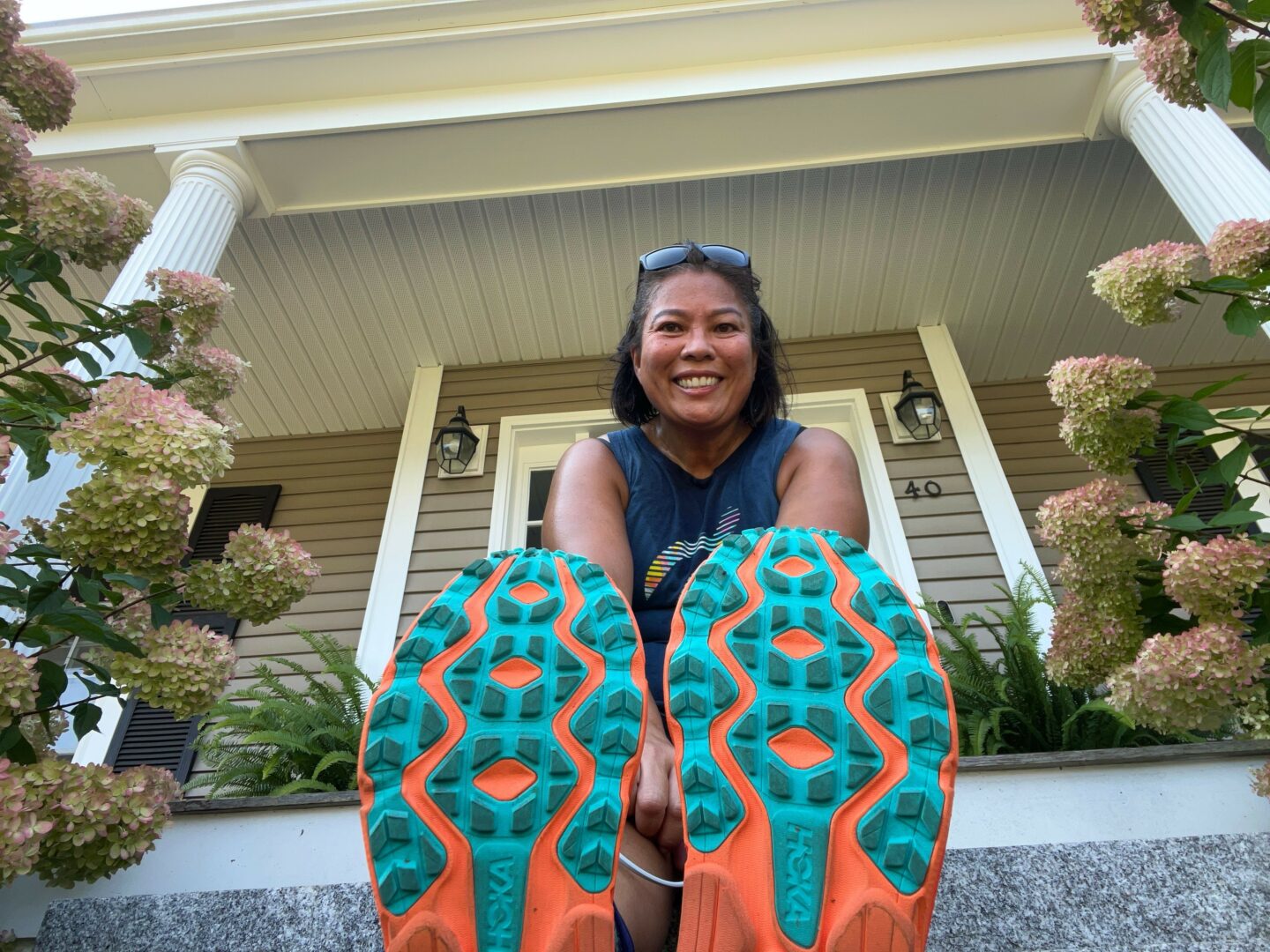
Before we go, any advice you can share with people who are feeling overwhelmed?
Whenever I am feeling overwhelmed – and, who isn’t these days? – I “chunk.” Whenever I feel like a task or a project or even a goal is too big, I find ways to make it smaller. I create easier and more measurable wins whenever I can as a way to stay motivated. I find that breaking things down into smaller sizes makes it more doable and I’m less likely to get discouraged. This applies to writing books, running long races, training in martial arts, and even just trying to tackle the chores in my house! Chunking tasks into smaller bite sizes pieces makes the work more manageable and possible!
Contact Info:
- Website: https://www.lizatalusan.com
- Instagram: https://www.instagram.com/ltalusan/
- Facebook: https://www.facebook.com/LizaTalusanCC
- Linkedin: https://www.linkedin.com/in/lizatalusan/
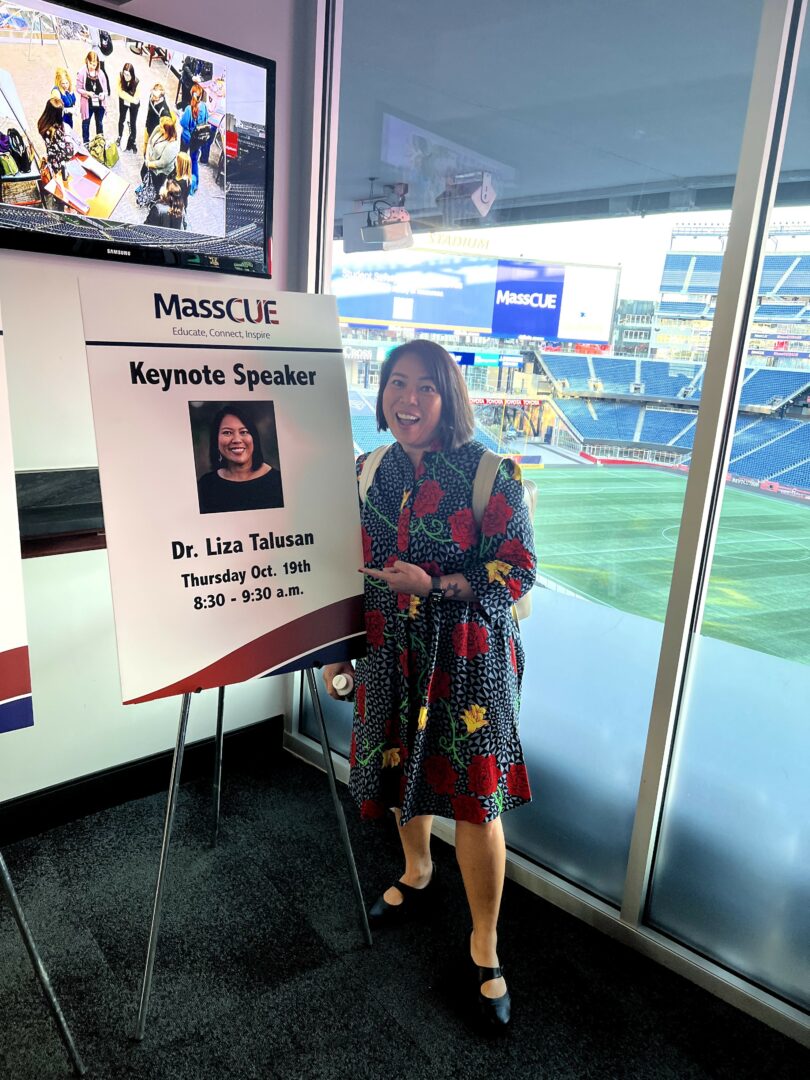
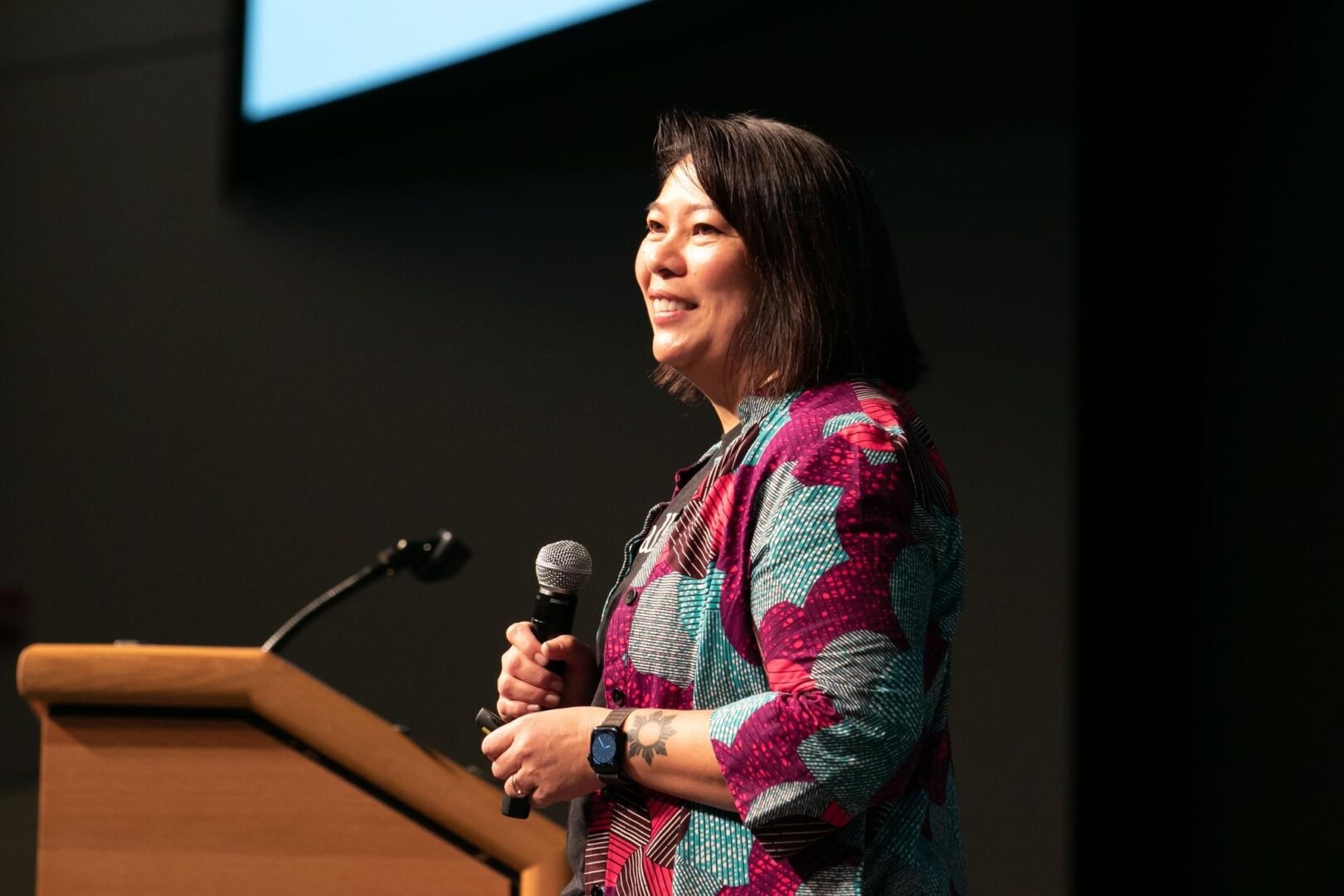
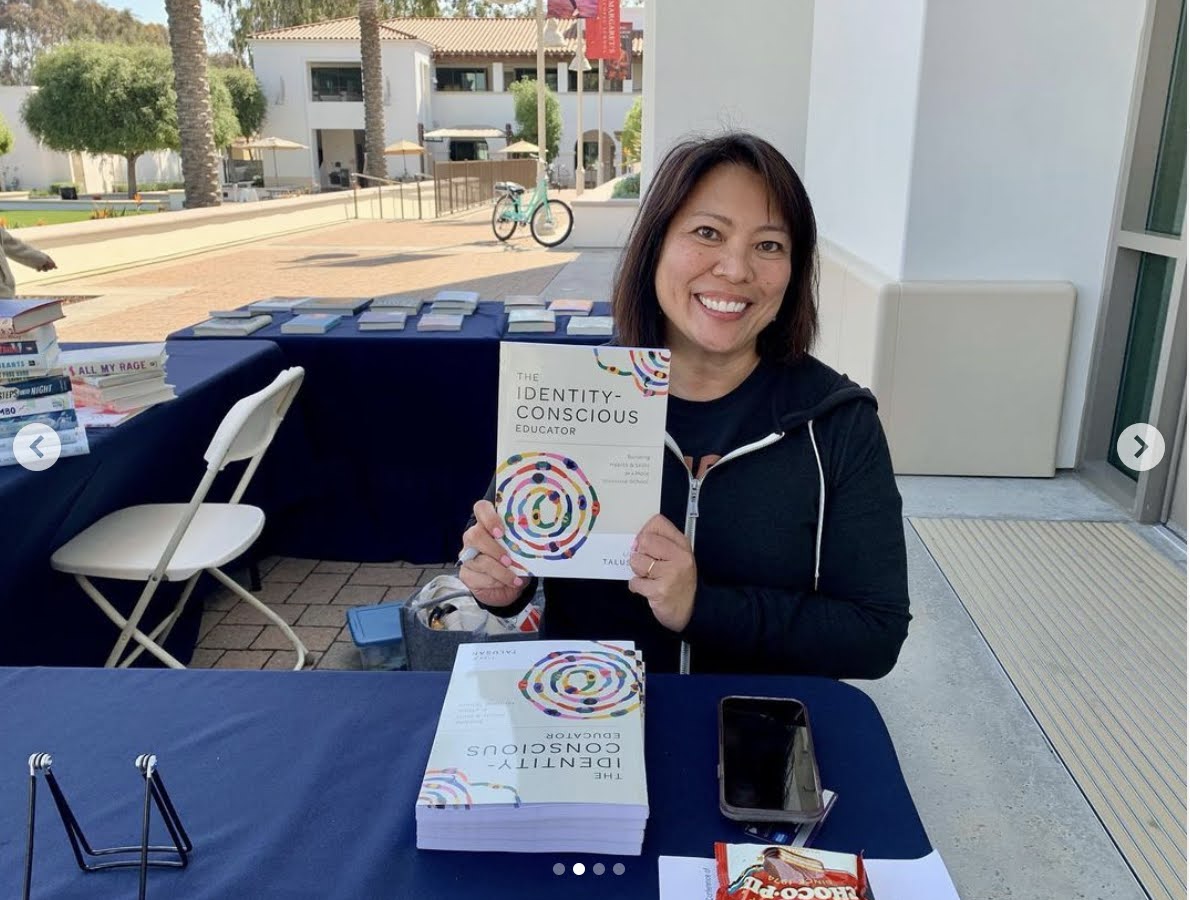
so if you or someone you know deserves recognition please let us know here.


